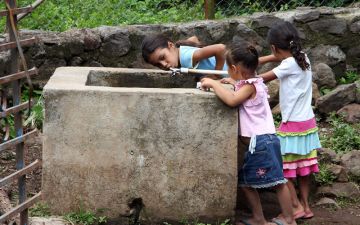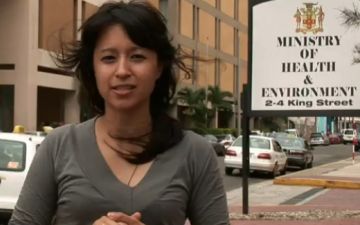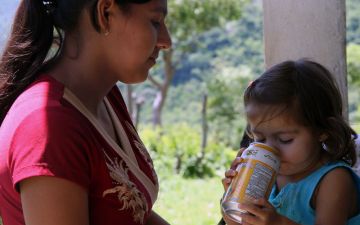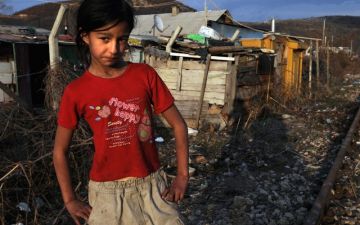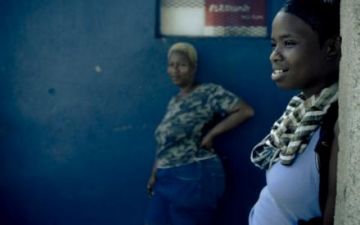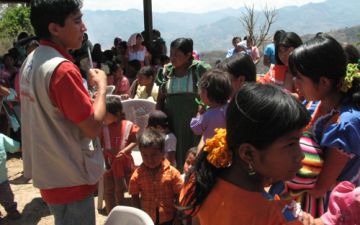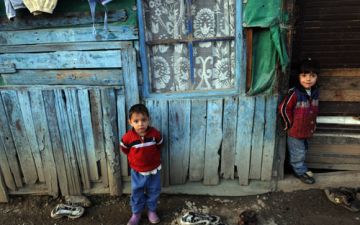Hope's Coffin
Israel did its best to keep me out of the Gaza Strip. Not just me—all international media. For two weeks, we watched from the Egyptian side of Gaza's southern border as plumes of smoke erupted from around Rafah, and the wounded trickled out, one by one, in battered Palestinian ambulances on their way to intensive care units in Cairo. Finally, in the last week of Operation Cast Lead, something gave, and the Egyptian government unexpectedly opened the gates.
